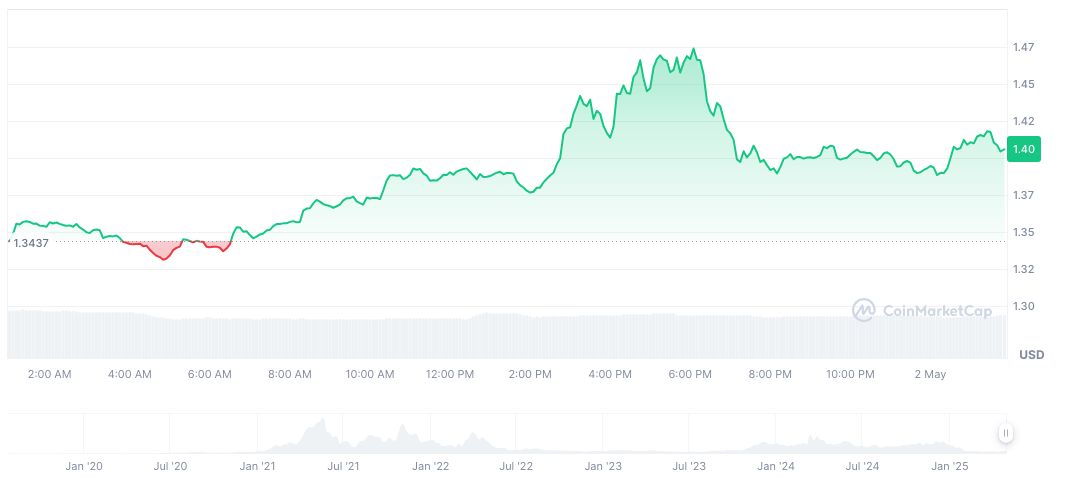
China and U.S. Set for Tariff Talks Amidst Tense Trade Dynamics
- China's consistent stance on U.S. tariff discussions affects trade dynamics.
- America's approach met with Chinese scrutiny and demands for sincerity.
- China warns against coercion or insincerity in prospective dialogues.
China acknowledges recent U.S. interests in tariff negotiations, signaling potential readiness for dialogue. The Chinese Ministry of Commerce emphasizes openness to talks while maintaining a firm stance against unilateral U.S. actions.
China's firm reply to U.S. overtures reflects its demand for genuine negotiations, which could reshape their economic relationship.
China's Stance Could Shift Trade Relations
In recent weeks, the United States has expressed a willingness to negotiate with China regarding tariffs. The Chinese Ministry of Commerce has acknowledged these overtures, noting that China remains open to talks but insists on genuine gestures from the U.S. The ministry expressed that any dialogue must involve correcting the "erroneous practices" of unilateral tariff increases, which the U.S. initially implemented. If the U.S. wants meaningful discussion, it is vital to exhibit sincerity and avoid coercion tactics, which have no standing with China. The ministry's statements highlight China's strategic positioning in international trade talks.
The immediate implications of this position include a potential recalibration of trade negotiations. China, while open to dialogue, demands the cancellation of previous unilateral tariff hikes as a condition for genuine engagement. If the U.S. fails to amend its stance, China warns that trust between the countries may further erode, complicating any subsequent talks.
From markets to government officials, reactions are varied. Economic stakeholders watch closely as China's consistent and unwavering position could inform global trade developments. Some experts speculate that the U.S. economy might need to recalibrate, anticipating potential repercussions. Chinese leadership's candid responses also spotlight how critical even minor actions can affect bilateral ties significantly. The ministry stated, "Attempting to use talks as a pretext for coercion and extortion will not work."
U.S.-China Tariff Talks: Historical Trends and Future Outlook
Did you know? In 2020, the U.S. and China accounted for nearly 42% of global trade volume. The ongoing tariff conflicts have significantly impacted international supply chains, highlighting the pivotal role of their relationship in global economics.
According to CoinMarketCap, THORChain's RUNE token is currently valued at $1.41, with a market capitalization of nearly 494,361,897. Over the last 24 hours, its trading volume has seen a -8.68% decrease. In the past 30 days, the price of RUNE has risen by 20.07%, despite experiencing a -31.24% decline over 90 days. With no capped supply, the token continues its market presence, backed by a circulating supply of 351,621,222. These trends reflect ongoing investor interest amid fluctuating market conditions.

Insights from Coincu research suggest potential financial realignments arising from these trade negotiations. If China and the U.S. resolve tariff disputes, technological growth and financial market stability may ensue globally. Historical analysis indicates that economic collaboration often fosters mutual benefits, contingent on effective negotiation strategies.
Read original article on coincu.com